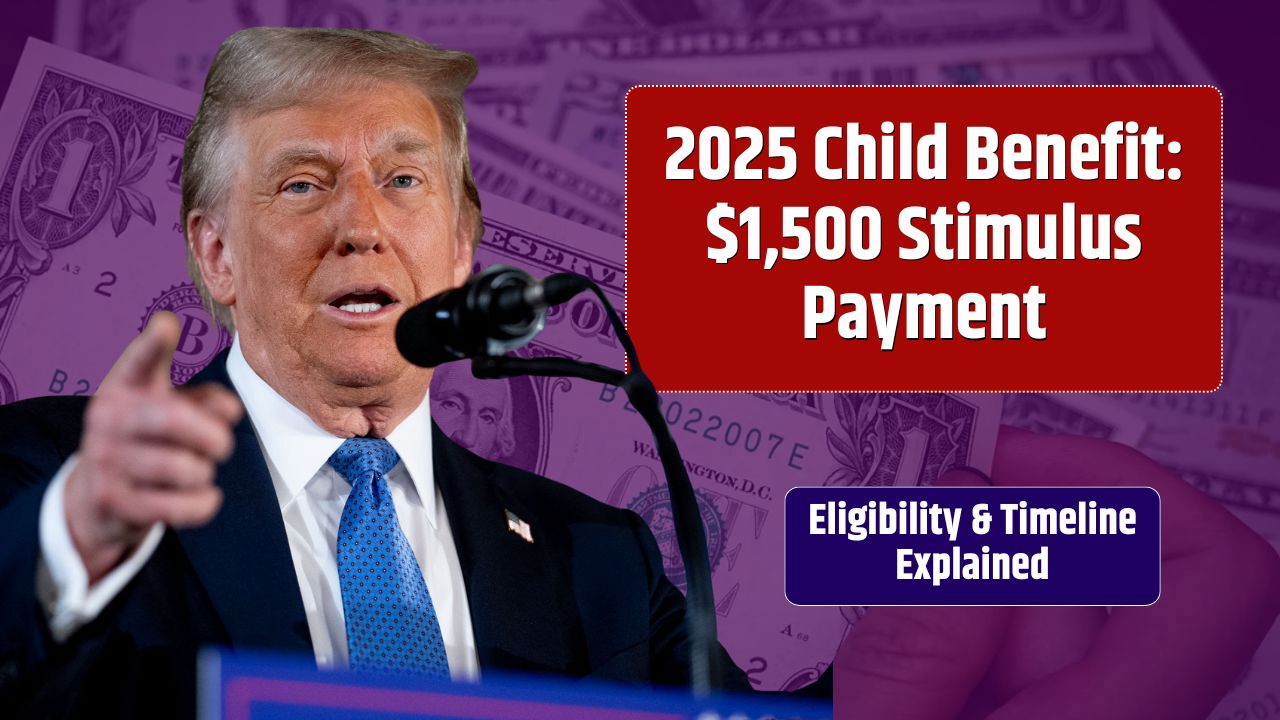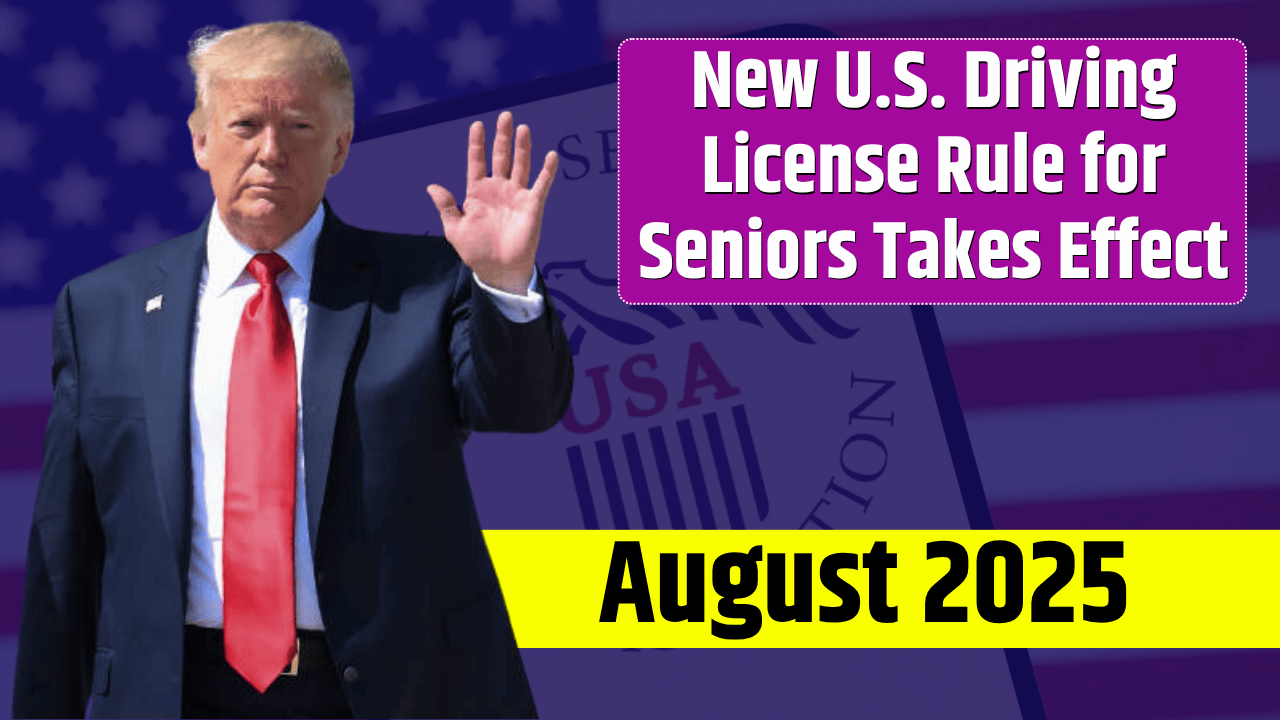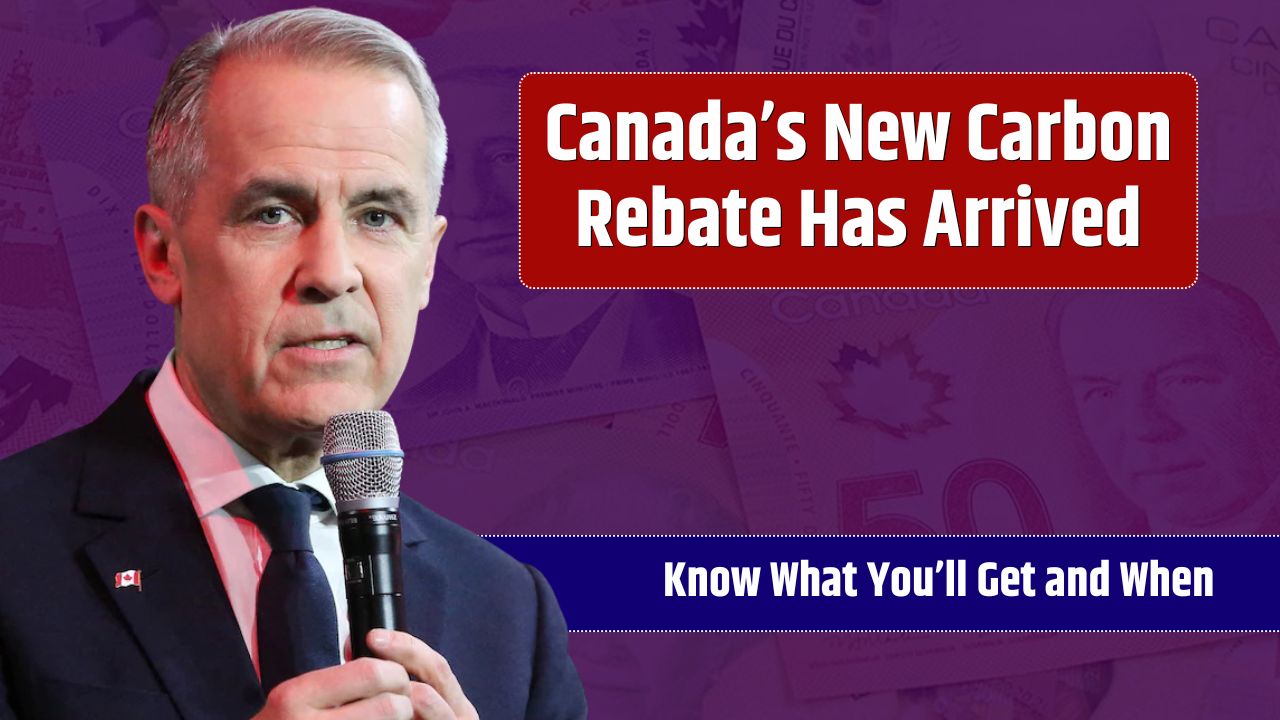Let’s be honest—when was the last time you actually read your phone bill? Line by line. Charges, fees, taxes, whatever the heck “administrative recovery surcharge” even means. Exactly. Most of us glance, shrug, and auto-pay.
And that’s where Verizon slipped one past millions of us.
Table of Contents
What Went Down With Verizon
Between January 1, 2016, and November 8, 2023, if you were on a Verizon postpaid wireless plan, chances are you paid a few extra bucks a month that weren’t exactly… obvious. We’re talking about administrative and cost recovery fees—the kind that quietly bloated your bill but didn’t show up loud and proud in any of their plan ads.
That’s where the lawsuit kicks in.
A class-action lawsuit alleged Verizon misled customers by tacking on these fees without clearly disclosing them. No real mention in ads. No bold-faced notice in billing. Just… there. Every month. For years.
Verizon, of course, denied doing anything shady. But they still agreed to settle for a smooth $100 million to avoid a drawn-out courtroom saga.
So What Was the Settlement About?
This wasn’t some small glitch or a rogue charge. It was baked into how the plans were priced and sold. The core claim? Deceptive billing practices—that Verizon advertised one price, but delivered another by burying extra fees under generic terms.
Here’s what made it different from your usual taxes and surcharges:
| Fee Type | Legit and Disclosed? | What Made It Problematic? |
|---|---|---|
| State & federal taxes | Yes | Government-mandated, clearly itemized |
| Usage charges (data etc) | Yes | Based on your plan usage |
| Admin/cost recovery fees | Questionable | Hidden, vaguely described, not advertised up front |
Who Got Paid? (And How Much?
If you were a Verizon postpaid wireless customer during that 2016–2023 window, you may have been eligible for a payout. But only if you filed a valid claim before the deadline (now closed, sorry procrastinators).
The settlement estimated most eligible claimants would receive between $15 and $100. The exact amount depends on two main things:
- How long you were charged the fees
- How many people ended up filing a valid claim
And yes, this is being processed in stages. Some folks might see their payout sooner, others might be waiting until late 2025 depending on their chosen payment method (direct deposit, Venmo, PayPal, or check) and how fast the administrator works through the claims.
Pro tip: If you missed the deadline, there’s no way back in. No appeals, no second chances. That’s class-action law for you.
Why It Actually Matters (More Than the Payout)
Sure, $50 back in your pocket is nice. But this case hit a nerve for a reason.
It’s about corporate transparency.
We’re used to getting nickel-and-dimed—airlines charging for seats you already paid for, hotels sneaking in “resort fees” even if you didn’t use the spa. But when a telecom giant like Verizon uses vague billing tactics, it impacts millions. Over time, these tiny fees snowball into billions in revenue.
So this settlement isn’t just about refunds. It’s a reminder to read the fine print, question mysterious charges, and hold even the biggest players accountable.
Because if you don’t notice those extra $2–$3 a month, guess what? They notice. And they multiply it by millions.
Quick Recap
Here’s the TL;DR version for those who skim:
- What happened? Verizon got sued for allegedly charging undisclosed administrative fees on postpaid plans.
- When? The charges spanned from 2016 to 2023.
- Who’s eligible? U.S. postpaid wireless customers who filed a claim before the deadline.
- How much is the payout? Most people will get $15–$100, based on how long they paid the fees.
- Is the deadline over? Yep, claim window closed. No late entries accepted.
- When will I get paid? Payouts are rolling out now, but some may take until late 2025.
Don’t Want to Get Burned Next Time?
Here’s what you can do moving forward:
- Actually read your bills. Scan for vague charges like “administrative” or “recovery.”
- Check the fine print on plans. Especially online deals that scream “$35/month”—there’s usually more.
- File complaints if it smells fishy. Sites like the FTC and FCC take consumer complaints seriously.
- Use prepaid or MVNO plans. They’re often cheaper and more transparent.
FAQs
How do I know if I got charged those Verizon fees?
If you had a postpaid Verizon wireless plan between 2016–2023, chances are high you did. Look at past bills or contact Verizon for a billing history.
Can I still file a claim?
Nope. The claims deadline has passed. Only those who filed before the deadline are eligible.
How will I get the money?
Depends on what you selected—direct deposit, PayPal, Venmo, or paper check. Distribution is ongoing through 2025.
What if I’ve changed my contact info or banking info since filing?
You should reach out to the settlement administrator through the official site to update your info ASAP.
Did Verizon admit guilt?
No. As is typical in these settlements, they deny wrongdoing but paid up to close the case.





















